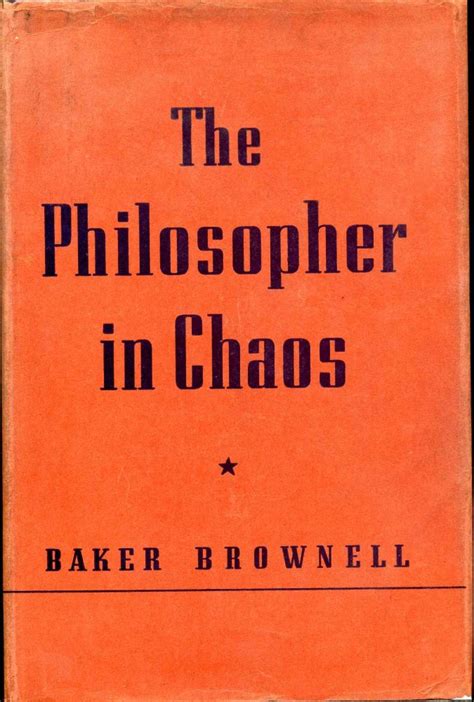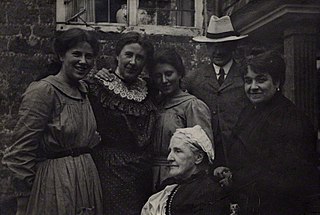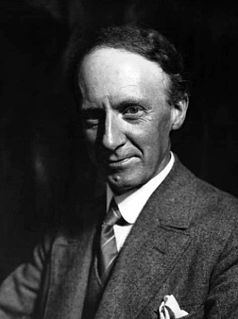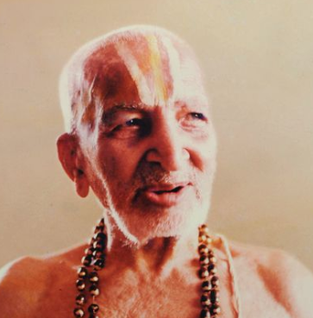A Quote by Eric Maisel
The artist... may suppose that ideas are his chief currency; but unless he is also attuned to feelings, in life and in art, he will not move his fellow human beings.
Related Quotes
A doctor, like anyone else who has to deal with human beings, each of them unique, cannot be a scientist; he is either, like the surgeon, a craftsman, or, like the physician and the psychologist, an artist. This means that in order to be a good doctor a man must also have a good character, that is to say, whatever weaknesses and foibles he may have, he must love his fellow human beings in the concrete and desire their good before his own.
He is not famous. It may be that he never will be. It may be that when his life at last comes to an end he will leave no more trace of his sojourn on earth than a stone thrown into a river leaves on the surface of the water. But it may be that the way of life that he has chosen for himself and the peculiar strength and sweetness of his character may have an ever-growing influence over his fellow men so that, long after his death perhaps, it may be realized that there lived in this age a very remarkable creature.
Art arises in those strange complexities of action that are called human beings. It is a kind of human behavior. As such it is not magic, except as human beings are magical. Nor is it concerned in absolutes, eternities, "forms," beyond those that may reside in the context of the human being and be subject to his vicissitudes. Art is not an inner state of consciousness, whatever that may mean. Neither is it essentially a supreme form of communication. Art is human behavior, and its values are contained in human behavior.
I said earlier that I do not believe an artist's life throws much light upon his works. I do believe, however, that, more often than most people realize, his works may throw light upon his life. An artist with certain imaginative ideas in his head may then involve himself in relationships which are congenial to them.
Leonard [Nimoy] was such a teacher for me. He was one of the most fully realized human beings I have ever known on every level - in his personal life with his personal relationships and his love for his wife and his evolution with his family. Then as an artist, as an actor, as a writer, as a poet, and as a photographer. He never stopped.
The artist of the future will live the ordinary life of a human being, earning his living by some kind of labour. He will strive to give the fruit of that supreme spiritual force which passes through him to the greatest number of people, because this conveying of the feelings that have been born in him to the greatest number of people is his joy and his reward. The artist of the future will not even understand how it is possible for an artist, whose joy consists in the widest dissemination of his works, to give these works only in exchange for a certain payment.
Art is a kind of innate drive that seizes a human being and makes him its instrument. The artist is not a person endowed with free will who seeks his own ends, but one who allows art to realize its purpose through him. As a human being he may have moods and a will and personal aims, but as an artist he is "man" in a higher sense— he is "collective man"— one who carries and shapes the unconscious, psychic forms of mankind.
It is the work of the Canadian artist to paint or play or write in such a way that life will be enlarged for himself and his fellow man. The painter will look around him . . . and finding everything good, will strive to communicate that feeling through a portrayal of the essentials of sunlight, or snow, or tree or tragic cloud, or human face, according to his power and individuality.
The books of the great scientists are gathering dust on the shelves of learned libraries. And rightly so. The scientist addresses an infinitesimal audience of fellow composers. His message is not devoid of universality but its universality is disembodied and anonymous. While the artist's communication is linked forever with its original form, that of the scientist is modified, amplified, fused with the ideas and results of others and melts into the stream of knowledge and ideas which forms our culture. The scientist has in common with the artist only this: that he can find no better retreat from the world than his work and also no stronger link with the world than his work.
The main difference between the art of the actor and all other arts is that every other [non-performing] artist may create whenever he is in the mood of inspiration. But the artist of the stage must be the master of his own inspiration, and must know how to call it forth at the hour announced on the posters of the theatre. This is the chief secret of our art.
However gross a man may be, the minute he expresses a strong and genuine affection, some inner secretion alters his features, animates his gestures, and colors his voice. The stupidest man will often, under the stress of passion, achieve heights of eloquence, in thought if not in language, and seem to move in some luminous sphere. Goriot's voice and gesture had at this moment the power of communication that characterizes the great actor. Are not our finer feelings the poems of the human will?





































